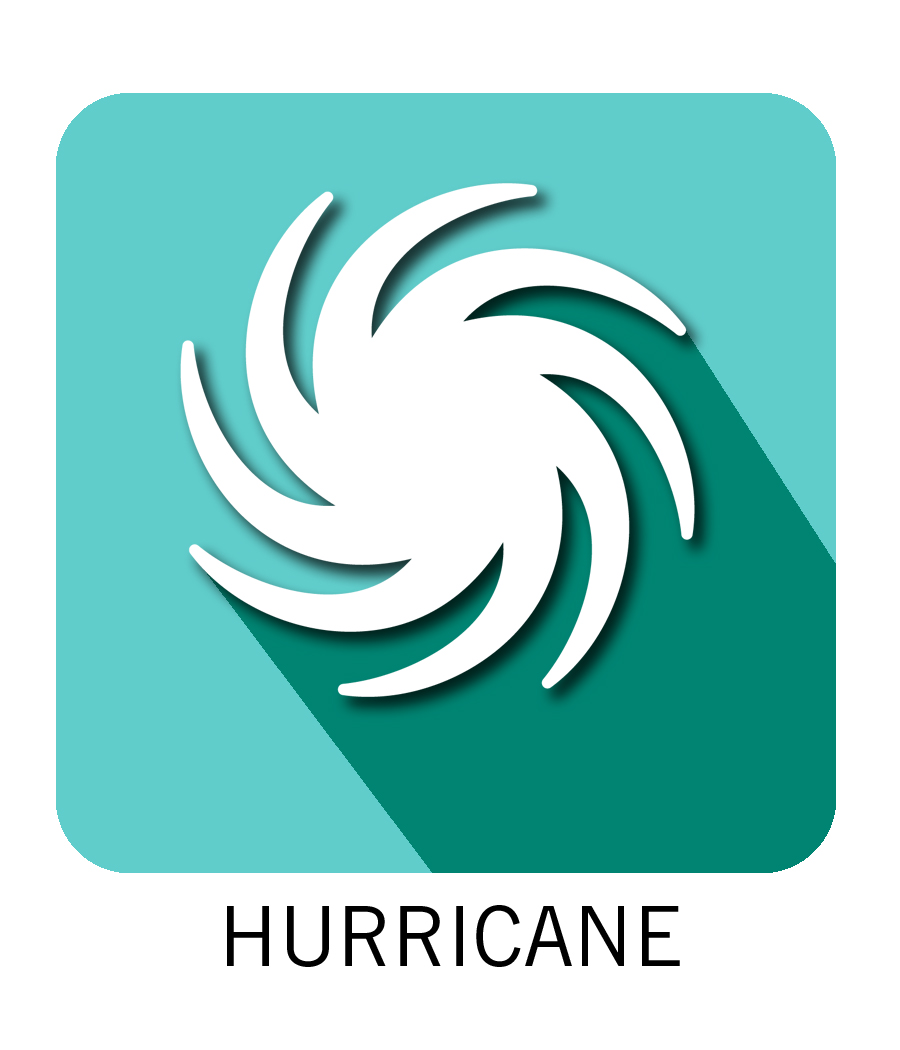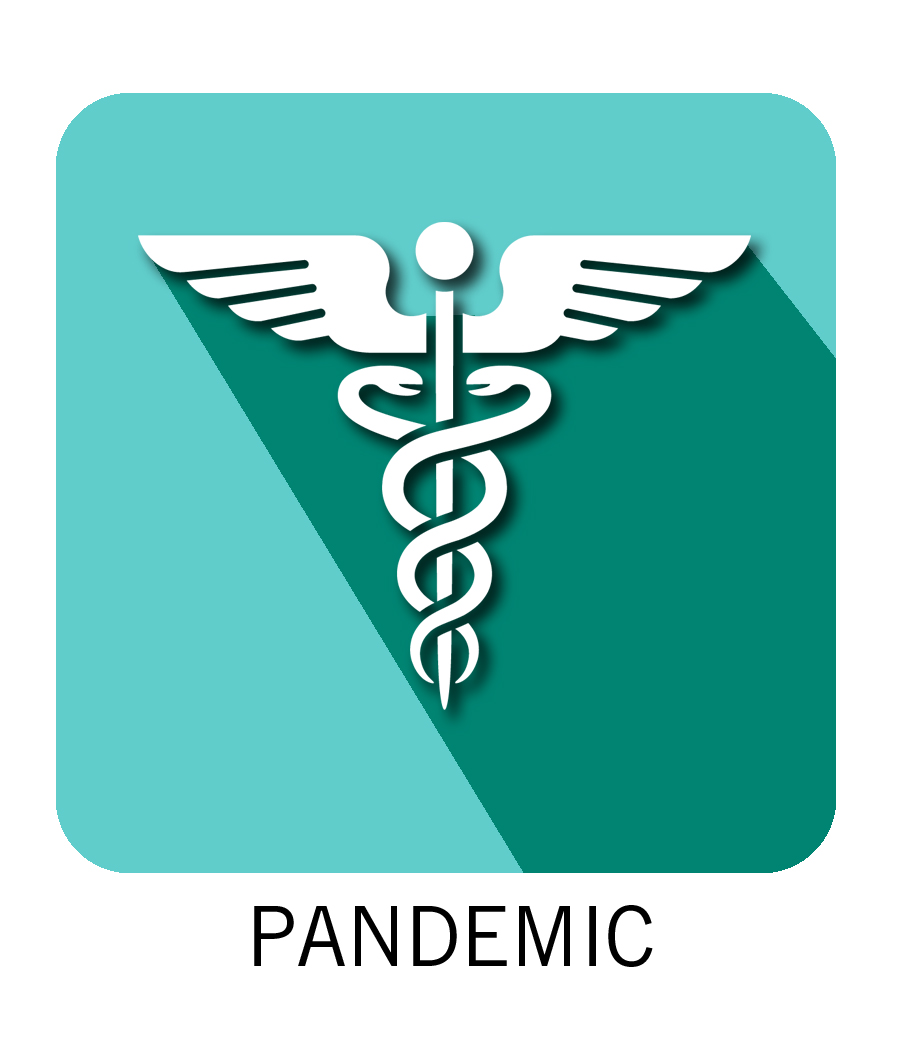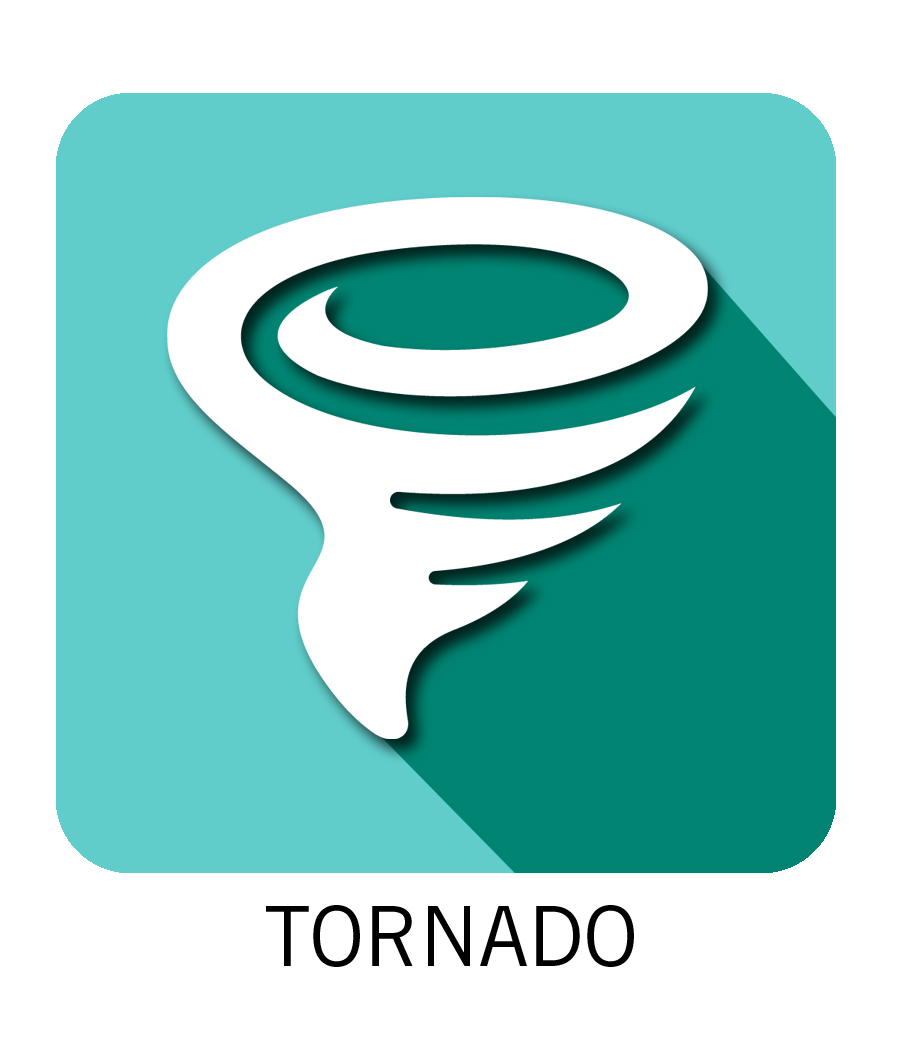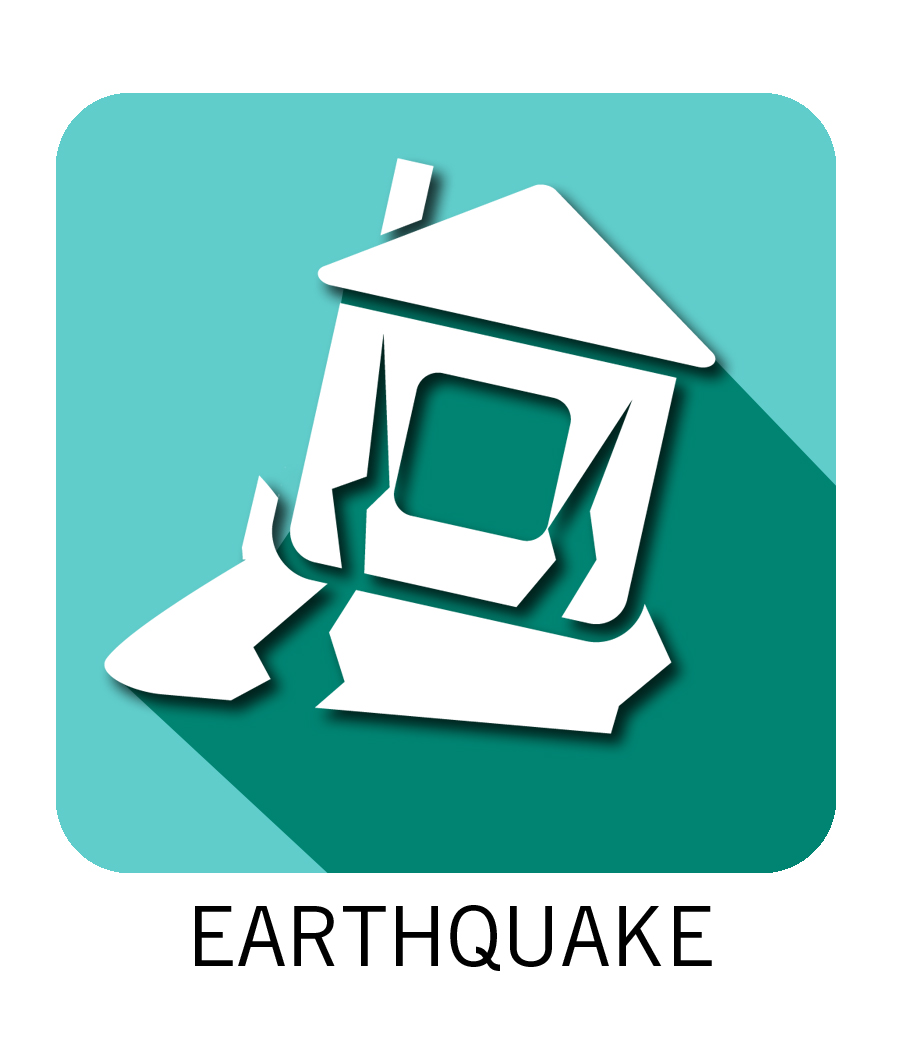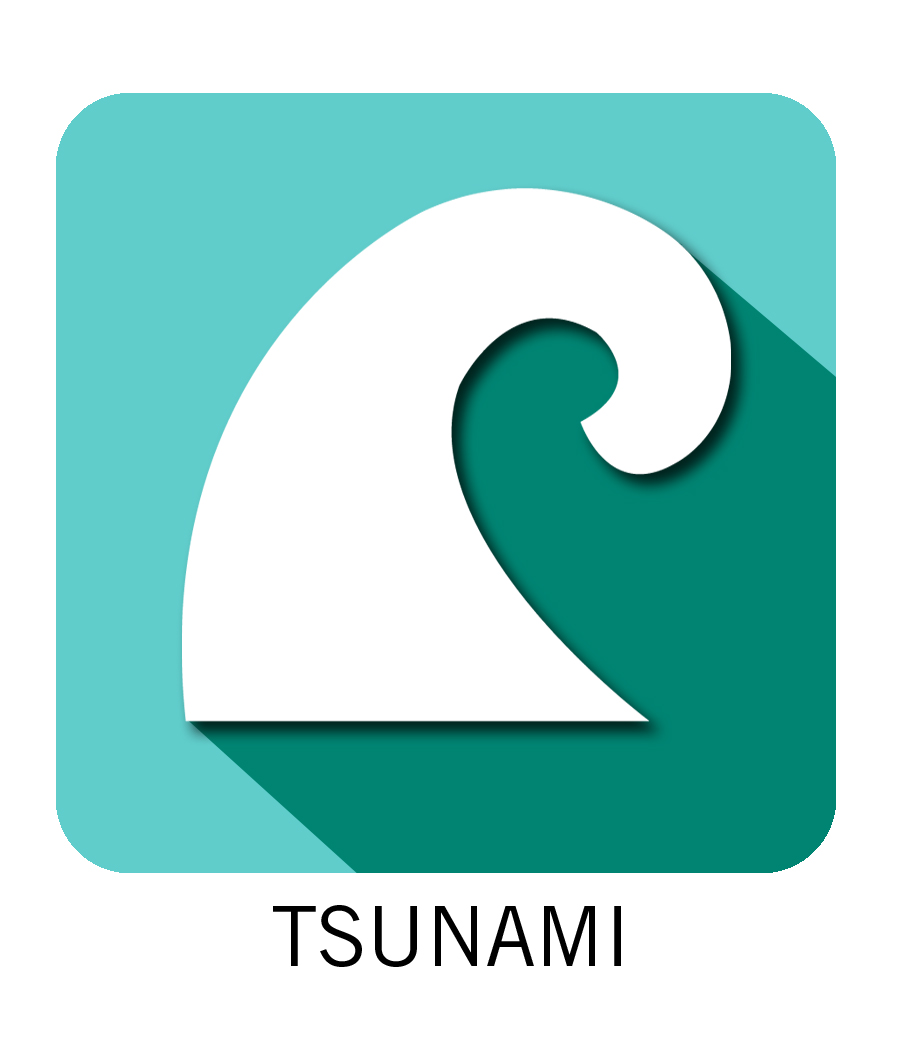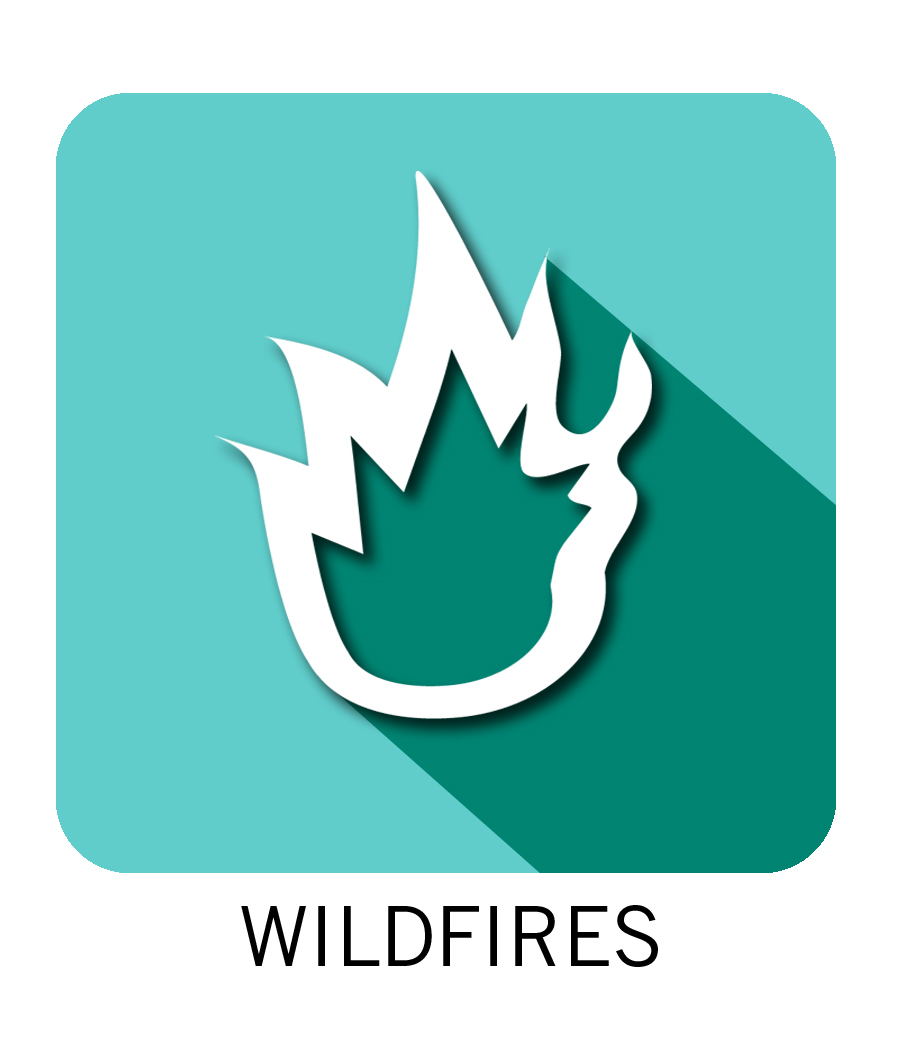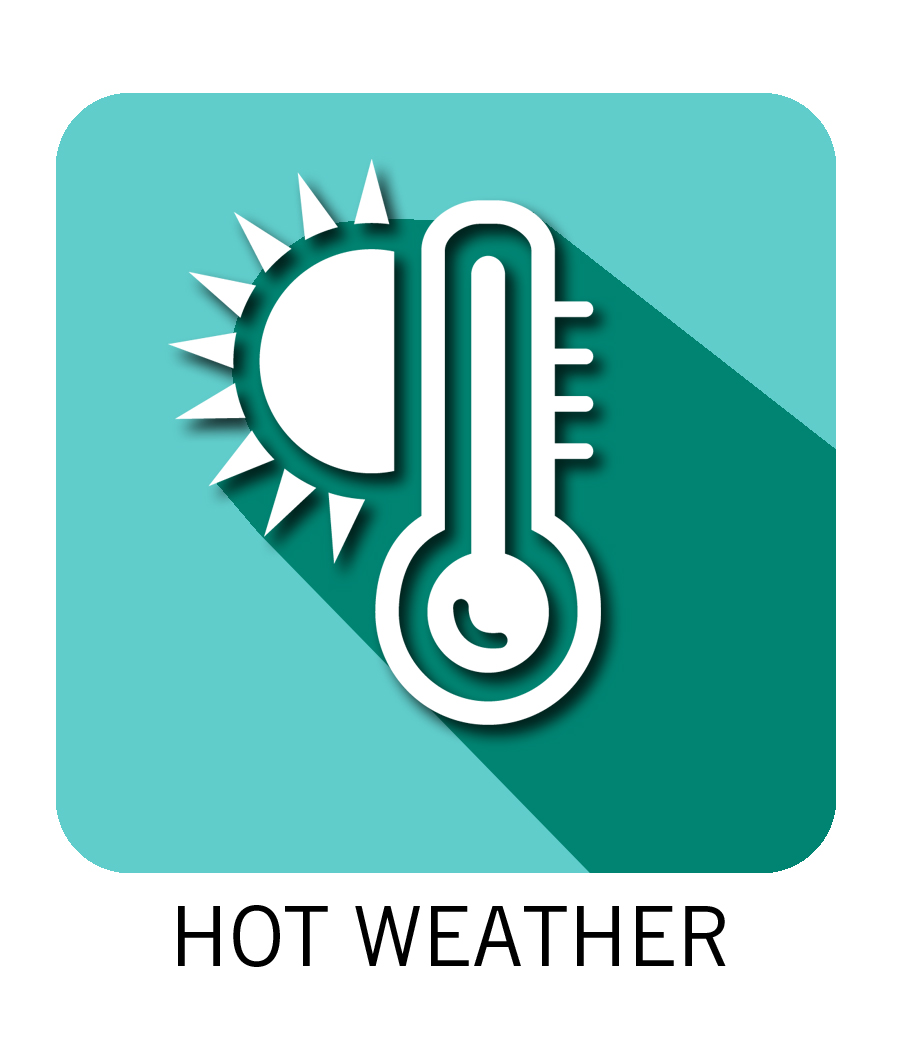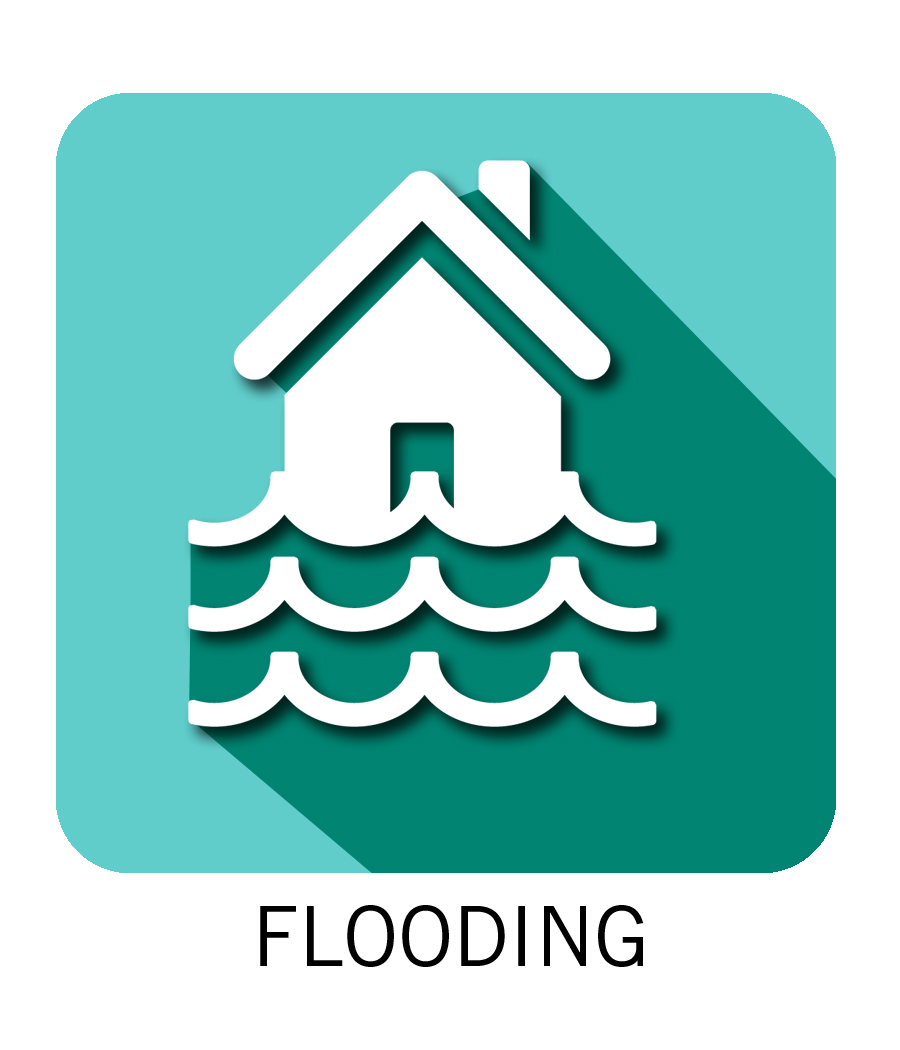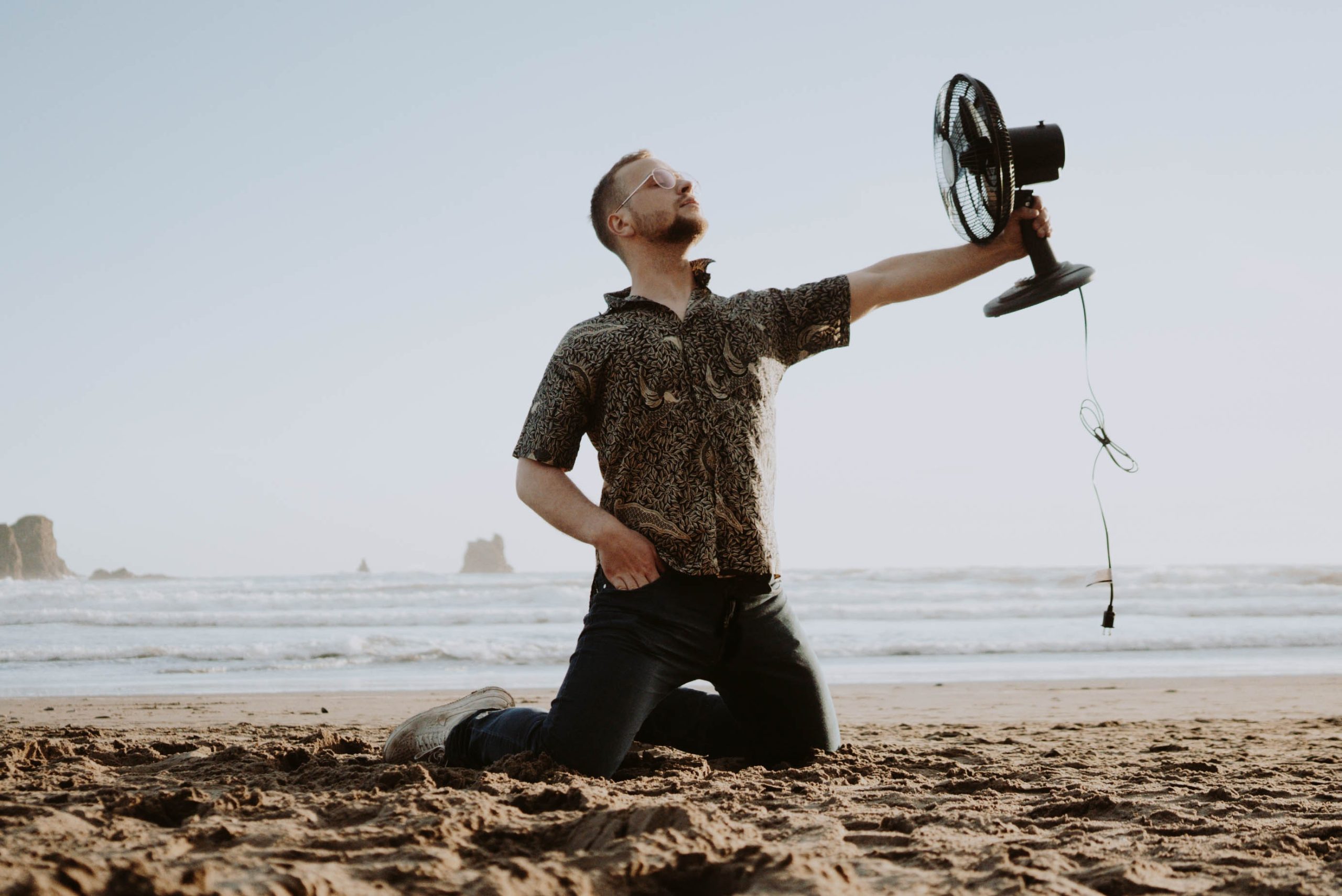
Extreme Heat
The tips that follow are from American Red Cross and the Centers for Disease Control and Prevention. Follow these helpful tips to take precautions against heat-related incidents or illnesses.
Here are some prevention tips:
-
- Dress for the heat. Wear lightweight, light-colored, loose-fitting clothing. Light colors will reflect away some of the sun’s energy. It is also a good idea to wear hats or use an umbrella.
- Take frequent breaks as needed to reduce fatigue and to get out of the sun periodically.
- Conserve energy by getting an appropriate amount of rest and avoiding dehydration.
- Drink eight ounces of fluids every 15 to 20 minutes regardless of your activity level. Carry water or juice with you and drink continuously; don’t wait until you’re thirsty. Avoid alcohol, caffeine, or large amounts of sugar, which dehydrate the body and actually cause you to lose more body fluid. Also, avoid very cold drinks because they can cause stomach cramps. Warning: If your physician limits the amount of fluid you drink or has you on water pills/salt tablets, ask how much you should drink while the weather is hot.
- Eat small meals and eat more often. Avoid high-protein foods, which increase metabolic heat.
- Beware of eating foods that may have spoiled due to inoperable refrigerators or freezers.
- Slow down and limit your outdoor activity to morning and evening hours. Avoid strenuous activity. If you must do strenuous activity, do it during the coolest part of the day, which is usually in the morning, from 4:00 a.m. to 7:00 a.m.
- Stay indoors and, if possible, stay in an air-conditioned place. If air-conditioning is unavailable, stay on the lowest floor out of the sunshine or go to the shopping mall or public library—even a few hours spent in air conditioning can help your body stay cooler when you return to the heat. Electric fans may provide comfort, but fans will not prevent heat-related illness when the temperature is in the high 90s. Taking a cool shower or bath or moving to an air-conditioned place is a much better way to cool off. Call your local health department to see if there are any heat-relief shelters in your area.
- NEVER leave anyone in a closed, parked vehicle.
- Be a good neighbor. Although anyone can suffer from heat-related illness at any time, some people are at greater risk than others. Regularly check in on those who do not have air conditioning and those who are:
- Infants and young children
- People aged 65 or older
- People who have a mental illness
- Those who are physically ill, especially with heart disease or high blood pressure
- Learn First Aid, CPR, and take disaster preparedness classes.
According to the Centers for Disease Control and Prevention, approximately 400 Americans die each year due to summer’s sweltering heat. Furthermore, the National Weather Service asserts that excessive heat was the number one weather-related killer, causing more fatalities per year than floods, lightning, tornadoes, hurricanes, winter storms, and extreme cold from 1994 to 2003.
If you must be out in the heat:
-
- Cut down on exercise. If you must exercise, drink two to four glasses of cool, nonalcoholic fluids each hour. A sports beverage can replace the salt and minerals you lose in sweat. Warning: If you are on a low-salt diet, talk with your physician before drinking a sports beverage.
- Try to rest often in shady areas.
- Protect yourself from the sun. Wear a wide-brimmed hat (also keeps you cooler), sunglasses, and put on sunscreen of SPF 15 or higher (the most effective products say “broad spectrum” or “UVA/UVB protection” on their labels).
Everyone is at risk when temperatures rise above 90 degrees, but the elderly and the very young are most susceptible to heat and heat-related illnesses. Heat-related illnesses can cause serious injury and even death if unattended. Signs of heat-related illnesses include nausea, dizziness, flushed or pale skin, heavy sweating, and headaches. Victims of heat-related illness should be moved to a cool place, given cool water to drink, and ice packs or cool, wet cloths should be applied to the skin. If a victim refuses water, vomits, or loses consciousness, call 911 or your local emergency number immediately.
For additional details
View the CDC’s Extreme Heat: A Prevention Guide to Promote Your Personal Health and Safety to keep yourself and your family safe in extreme heat.
